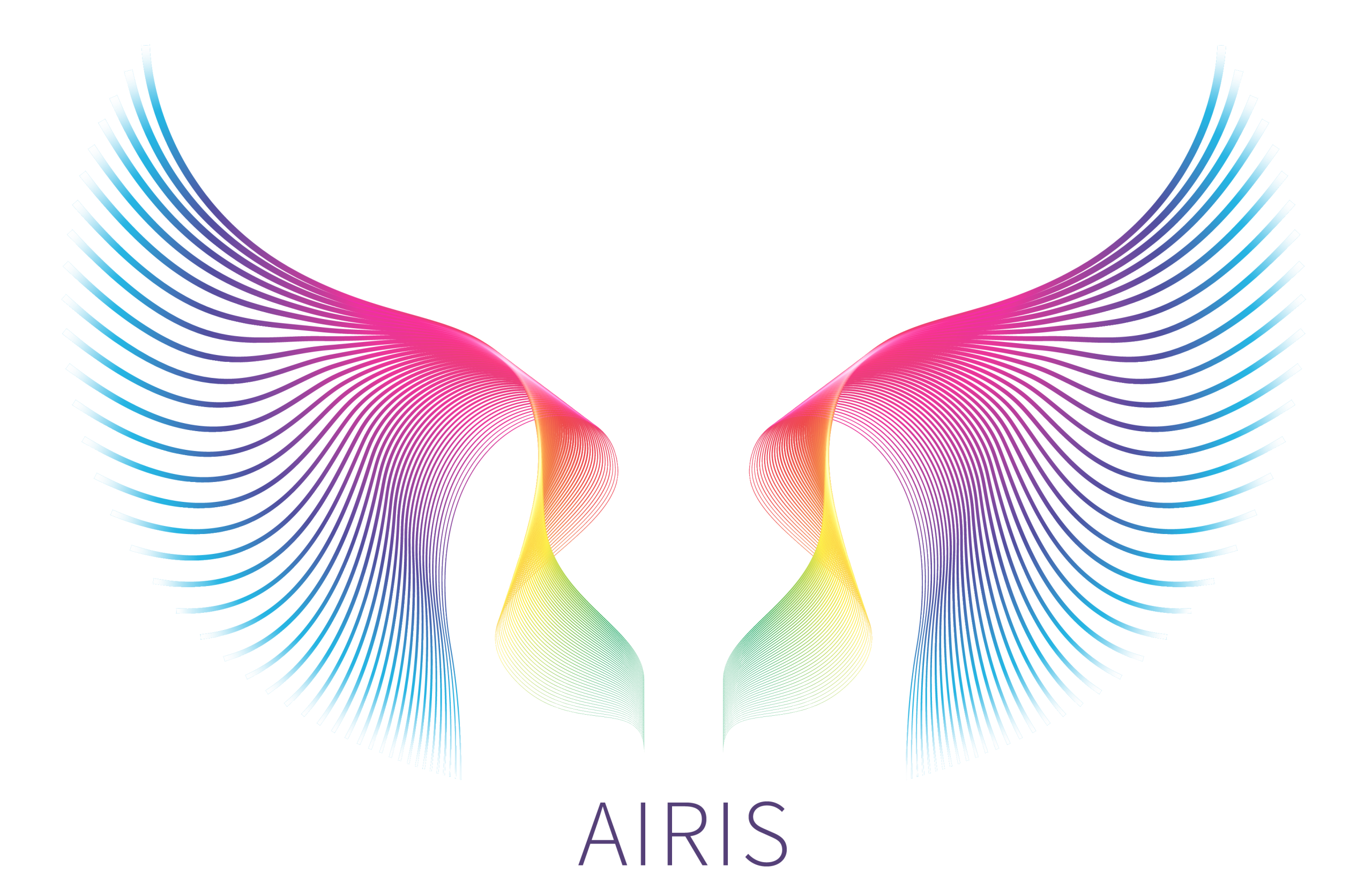Orwell Group

In a world where technology is increasingly permeating our daily lives, innovative solutions are often proposed as answers to complex social issues. Such a solution is proposed in our plan for 2084, where alcohol users are made more aware of their alcohol intake through a bracelet and an app. However, this plan, while well-intentioned, raises numerous ethical issues that must not be overlooked. In this analysis, we will examine the ethical considerations of our plan, highlighting both the potential benefits and the possible risks.
What is our future plan?
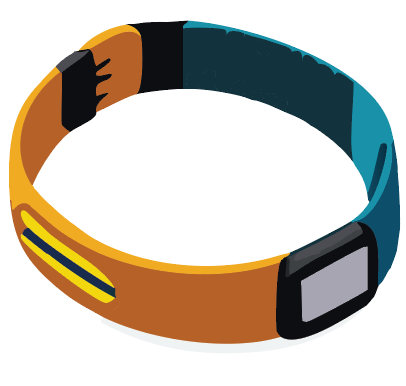
In 2084, a new law is introduced to make students more aware of alcohol consumption. The armband, called the SipSafe bracelet, measures the blood alcohol level, and AI collects all that data, including body weight, height, age, gender, muscle mass, and fat mass, to establish the ideal alcohol intake. In layman's terms, this means that users receive personalized advice based on their data on how many drinks they can average and what each additional drink does to the body. The bracelet works with an app, where additional data can be entered to make the advice even more personalized. The app is also connected to the user's health record, which can also be viewed and modified by doctors. The app itself contains only the most crucial information to generate personalized ideal alcohol intake.
How does it work?
Every partier receives a reusable bracelet at the entrance of the Overpoort and connects it to the app. Based on personal data such as body weight, height, age, muscle mass, and fat mass, the app generates the maximum number of drinks that a person can consume before it has drastic consequences for their health. When the partier wants to order a drink at the bar, they must scan their bracelet at one of the scanning devices. The bar staff will then see a color code, which will determine in which zone the user is and whether they can still consume alcohol.
GREEN means that the alcohol level is still low enough and that the user is still allowed to consume alcoholic drinks. ORANGE means that the user can still drink alcohol, but in moderation. RED means that alcoholic drinks may no longer be sold to the user.
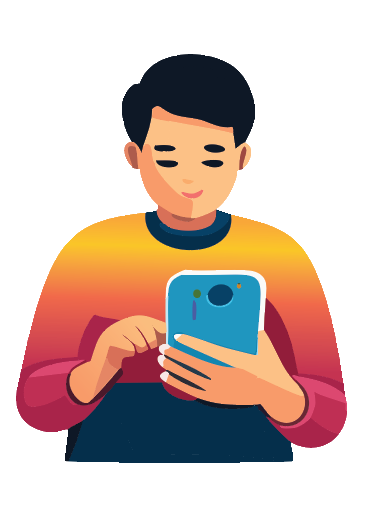
This future plan raises many ethical questions.
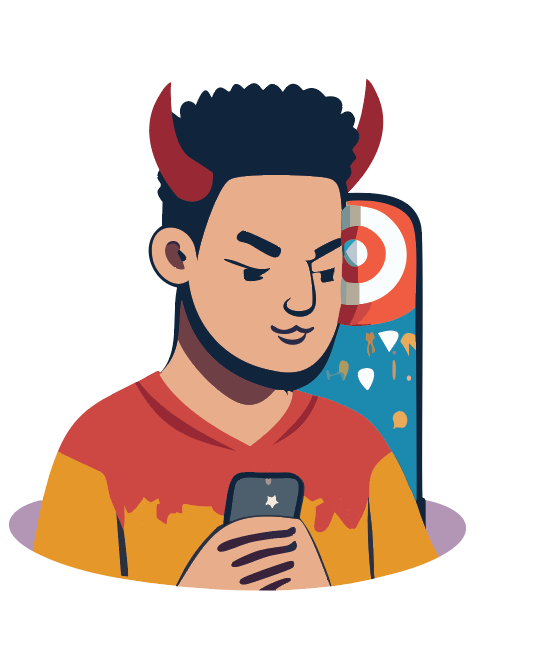
Does an app that calculates your drinking limit not create opportunities for abuse? How can this technology affect social norms around alcohol use? Can it lead to a change in attitude towards drinking, positively or negatively?
It's possible, as there are various risks associated with this idea, just as there are with any other idea. Because people can see their alcohol limit, there is the possibility that students will turn it into a competition and challenge each other or themselves to drink as much as possible to quickly reach their limit. This would result in the opposite effect of what the app stands for.
Is it ethically responsible to collect and share such personal data, including health information, with an AI system and possibly also with medical professionals?
The system is like the online system of, for example, the Federal Government and MijnGezondheid.be. Users automatically consent to sharing their medical records, just as they do with doctors unless they explicitly withdraw their consent. We have reduced the risk of hacking by developing small data networks in each bracelet instead of placing everything in one large database. The bracelets are brought to a collection point when leaving the Overpoort, and then all data from the bracelets is erased. However, personal data can still be found on the app for each user.
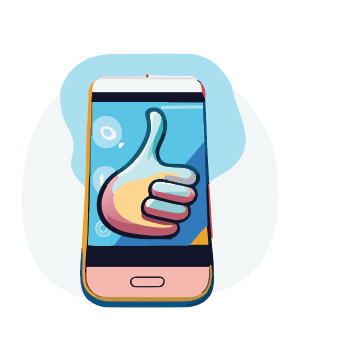

Can we be sure that all users of the bracelet and the accompanying app fully understand and consent to the collection and use of their data for these purposes? Is there a risk of enforcement or unintended pressure to use the bracelet?
It is crucial that users fully understand what happens to their data and consent to its use voluntarily. Care must be taken to guard students against possible forms of pressure or unwanted influence that could undermine the autonomy of users. Since the use of the bracelets and app in the entire Overpoort zone is legally mandatory, users have the choice to party in the Overpoort or not. The obligation may be misinterpreted by certain users, but the main reason for this project is to ensure the safety of alcohol consumers. To party means wearing the bracelet and using the app. Not wanting to wear the bracelet or use the app means you cannot enter the Overpoort.
Is the bracelet and accompanying app accessible to everyone, regardless of socio-economic background or technological skills? Is there a risk of increasing healthcare inequalities?
The bracelet is accessible to all partygoers who want to enter the Overpoort and use the bracelet and app correctly. Their consent to share their personal records with the app and medical staff is required. The bracelets are provided and sponsored by the City of Ghent in cooperation with the Ghent bars and cafes located in the Overpoort. The bracelets are collected every evening and/or night at a collection point, and the data on them is then erased. They are reused the next evening with the same function.
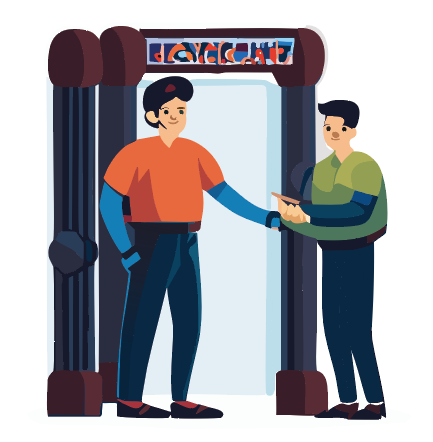
The plan to make students more aware of their alcohol intake through a bracelet and app brings both ethical challenges and potential benefits. While the plan may contribute to awareness and safety, strict measures must be taken to ensure privacy, secure consent, and prevent inequalities. It is crucial to carefully monitor and adjust the impact of this technology on social norms and individual behavior, with the aim of promoting a healthier and more inclusive environment.
(2024, 02 14). Illustrations retrieved with ai: https://chat.openai.com/
